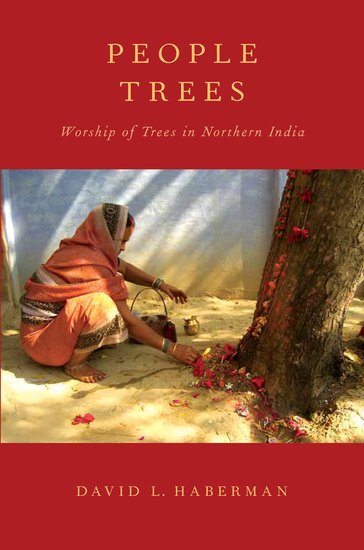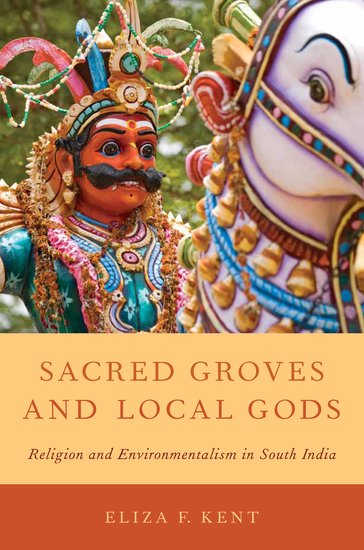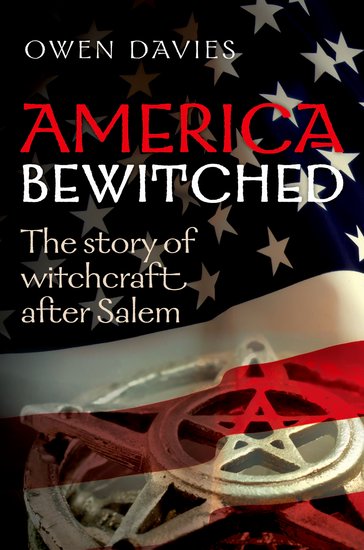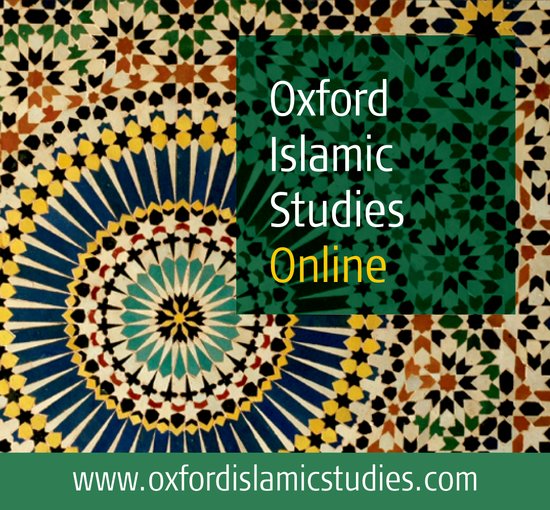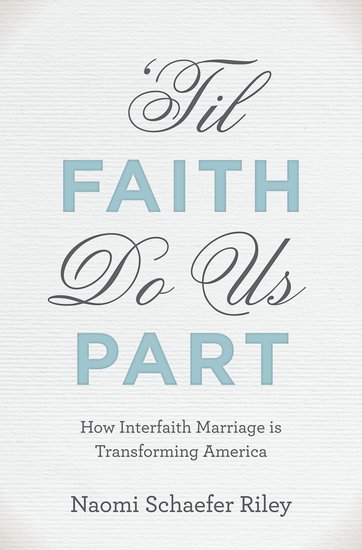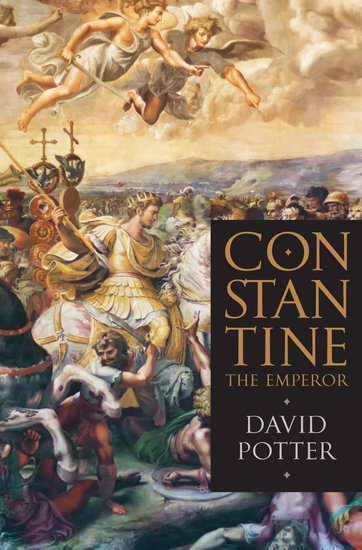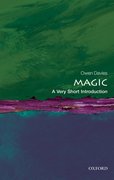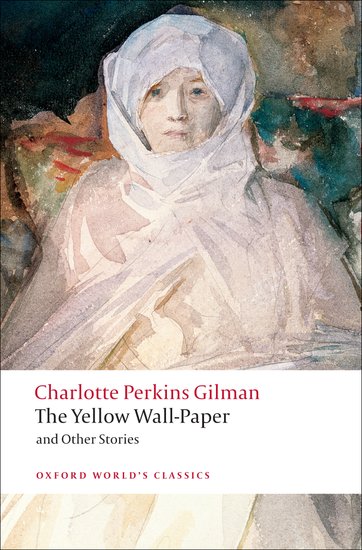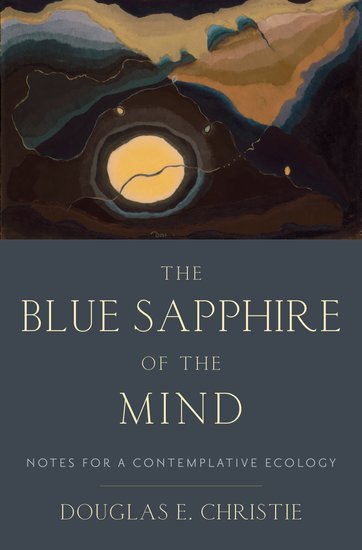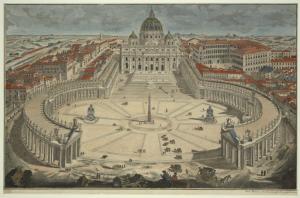Looking at trees in a new way
By David Haberman
If I have learned anything as a lifelong student of the world’s multitude of religious traditions, it is that reality for humans is malleable and quite varied — nothing is essential in human experience. Almost everything gets filtered through and shaped by a particular cultural lens. Something as simple as a tree is not so simple after all.

